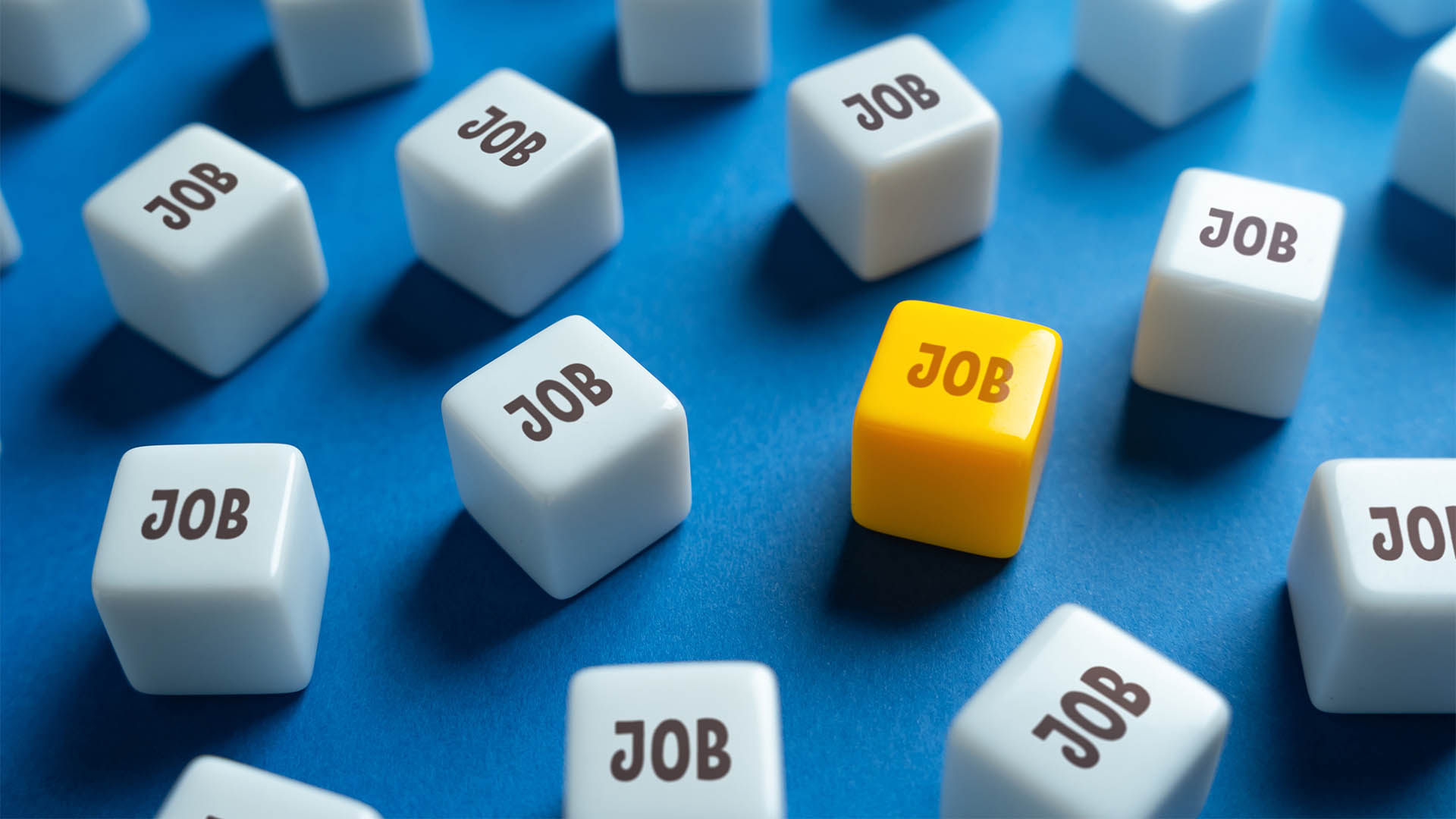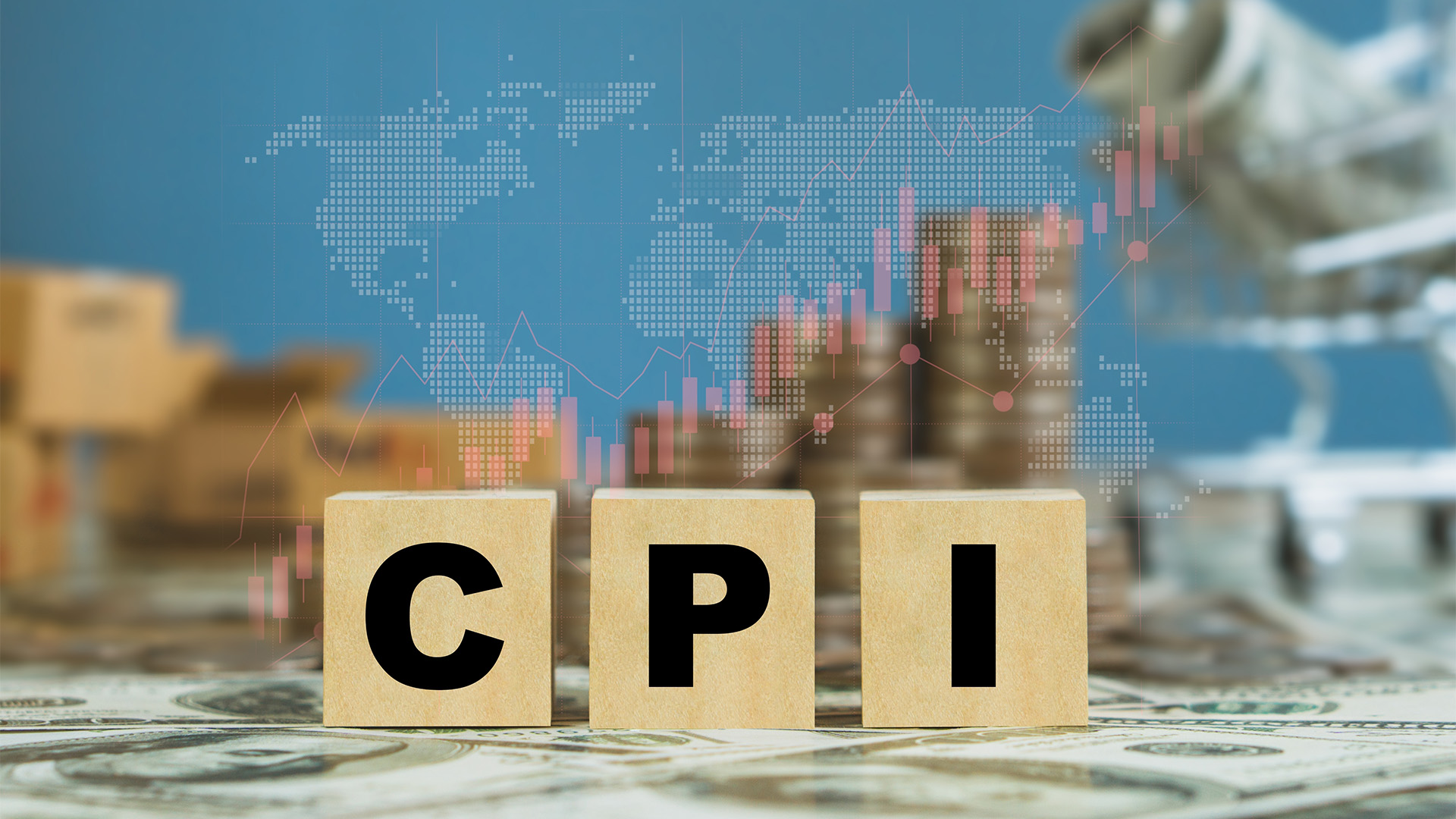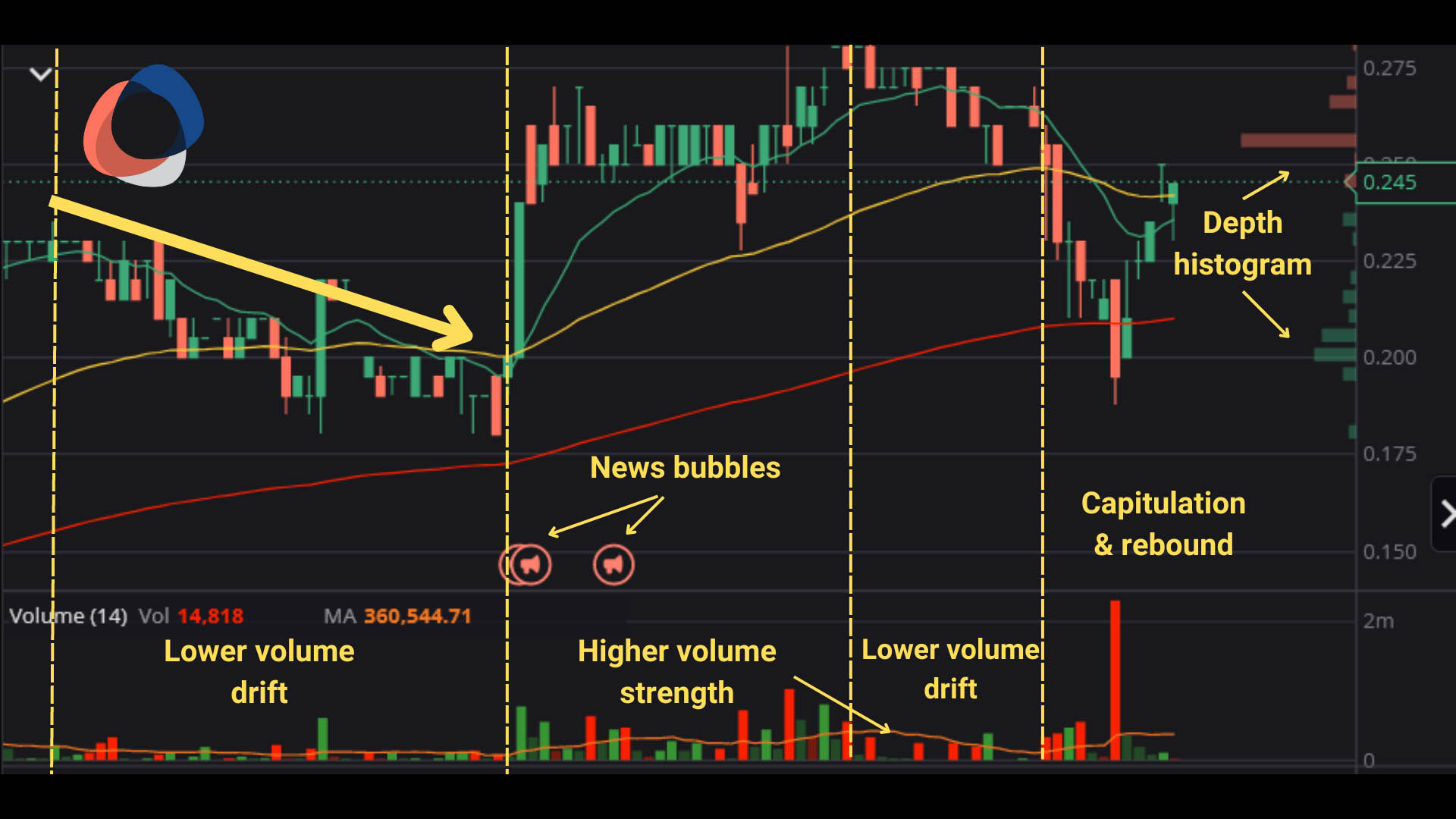China’s economy slowed in October as industrial production, urban investment and especially retail sales sagged under the pressures of weak demand thanks to the continuing restrictions of President Xi Jinping’s Covid zero policy.
Coming after the weak export and import data for October, and the dip in consumer and producer price inflation, it is clear that the economy as a whole is drifting aimlessly – only isolated sectors such as car sales – especially sales of New Energy Vehicles, are showing any positive signs.
But despite the weakness, China’s central bank, the PBOC (People’s Bank of China) left its one-year medium loan facility unchanged at 2.75% (which is now significantly lower than similar indicator rates in western economies).
The slowdown highlighted that the pace of activity in the Chinese economy is losing momentum amid rising Covid cases and strict curbs as well as a downturn in the property sector.
The data and the lack of any move on interest rates is further evidence the new leadership team in China remain uncertain about what to do and that the claims of recovering demand for steel (and rising iron ore prices) will not see China re-opening any time soon.
China’s economic recovery has slowed, said Fu Linghui, the spokesperson for the National Bureau of Statistics, who pointed to a slowdown in global growth and domestic Covid outbreaks.
China’s industrial production growth slowed to an annual rate of 5.0% in October – down from 6.3% in September).
Economists point out that the outcome for October and September were worse than they appeared because they were boosted by the weak performances in both months last year, which saw production cut by power rationing and blackouts.
China’s fixed asset investment grew by an annual 5.0% last month, down from 6.5% in September but economists say that this probably understates the actual level of investment as producer prices are falling slowly which economists at the National Australia Bank point out “flows through to the cost of investment goods”
“As a result, we estimate that real investment accelerated in October – up by 4.6% yoy (from 3.8% yoy in September),” the NAB wrote in a note yesterday.
But thanks to the Covid restrictions nominal retail sales fell by an annual 0.5% in October (compared with a 2.5% yoy increase in September).
That was the first fall recorded since May (in the first round of the 2022 Covid lockdowns).
Economists said the data showed weakening growth or falls in sales in most sectors and even the buoyant areas, such as car sales showed a marked slowing in October as people were restricted by visiting car retail outlets.
Purchases of oil products also slowed as fewer people were allowed to move about in cars, leading to a slowing in petrol sales.
This decline reflected the impact of the latest Covid restrictions in many Chinese cities and regions.
“Growth in China’s retail prices was a little softer in October, but not enough to offset the fall in nominal sales, meaning that real retail sales fell by 2.7% yoy (from 0.7% yoy in September),” the NAB’s China economics team wrote on Tuesday afternoon.
Investment in real estate fell further in October on a year-to-date basis, while that in manufacturing slowed slightly from September. Investment in infrastructure picked up mildly, to 8.7% year-on-year for 2022 in October.
The unemployment rate in cities was unchanged from September, at 5.5% in October.
Over the last few days, Chinese authorities have announced measures to support the struggling property market, according to financial media and official notices. And for the second time in five months quarantine requirements for inbound travellers have been eased.
It’s uncertain whether the changes are enough, “but it’s clear that policymakers now have the courage to take more decisive actions,” Larry Hu, chief China economist at Macquarie, said in a report on Tuesday.
He also pointed to the halving in the loans to households in the first 10 months of this year compared to the same period last week as evidence of weak consumer demand.













